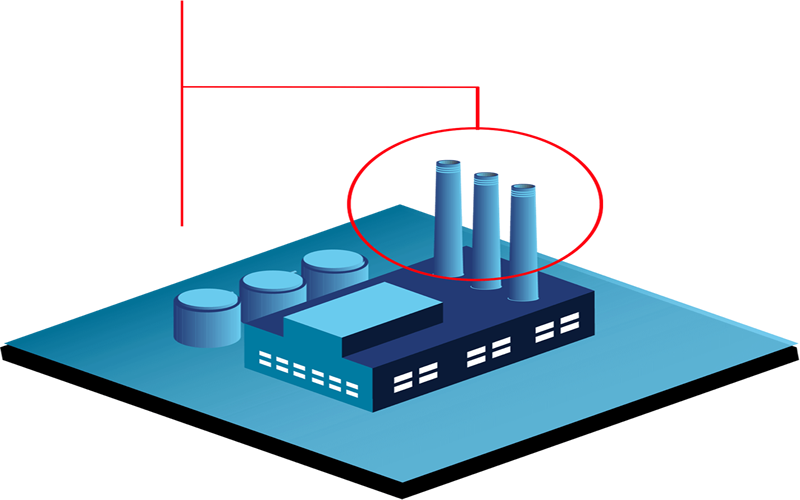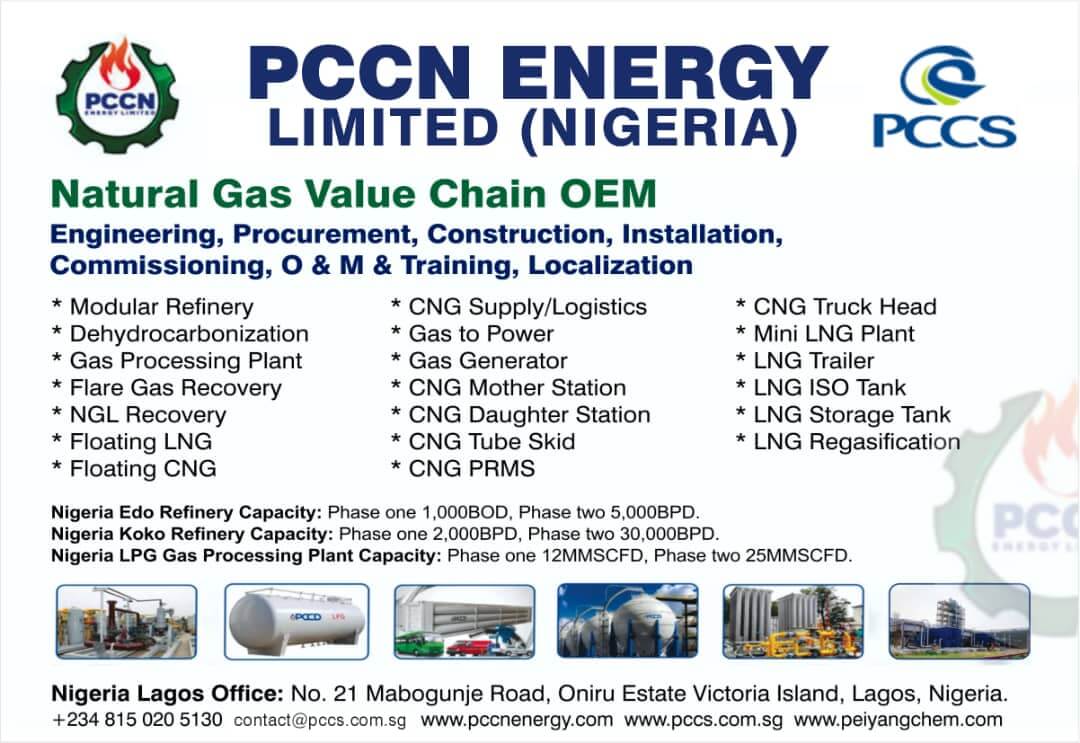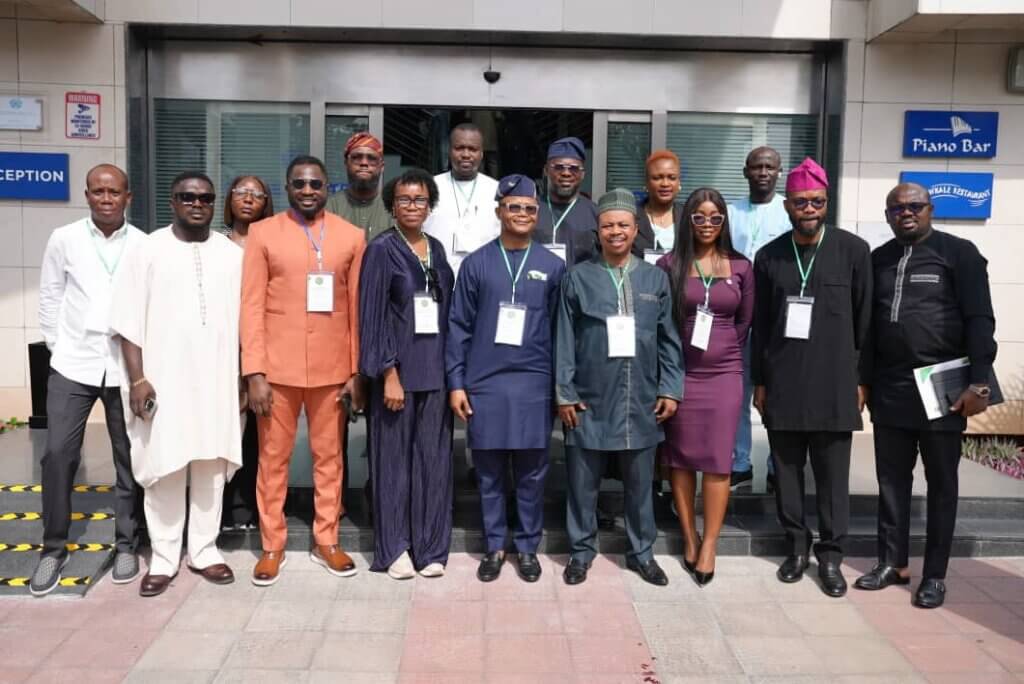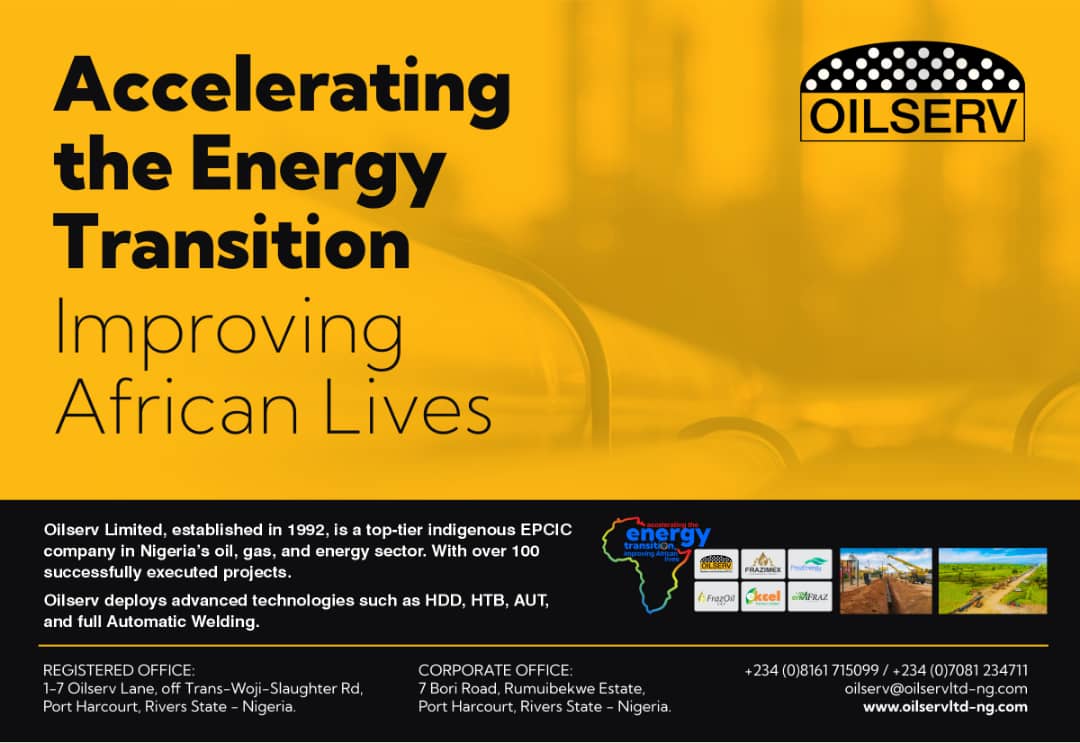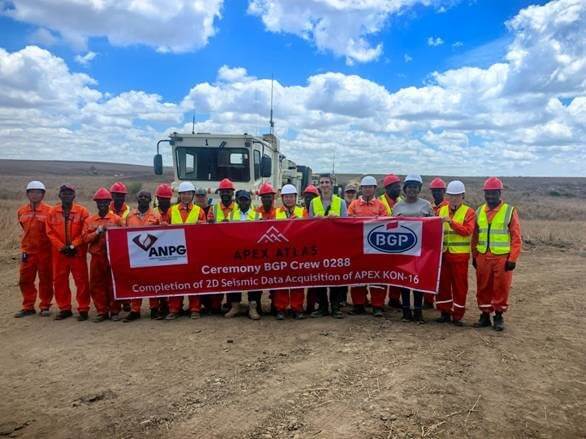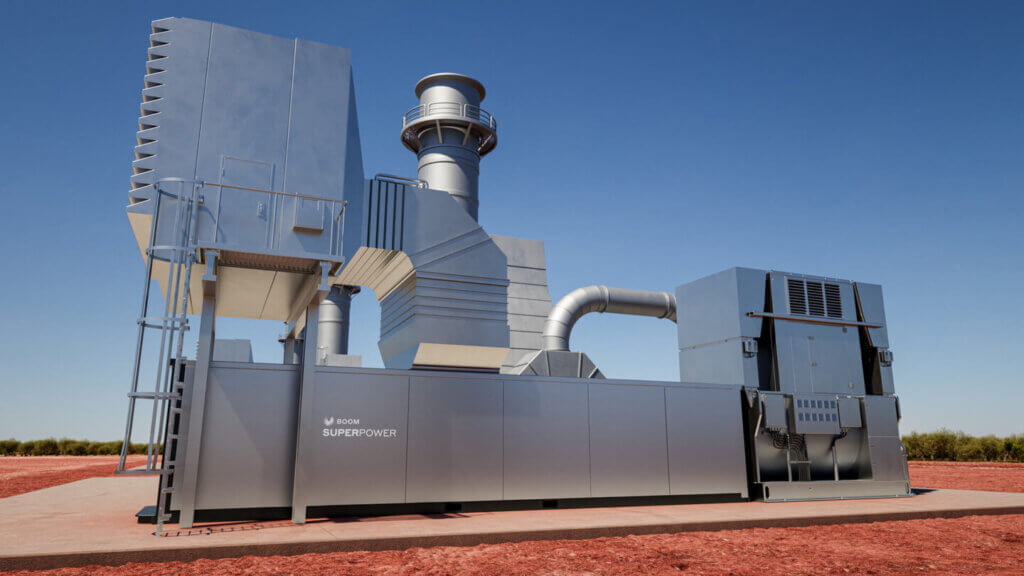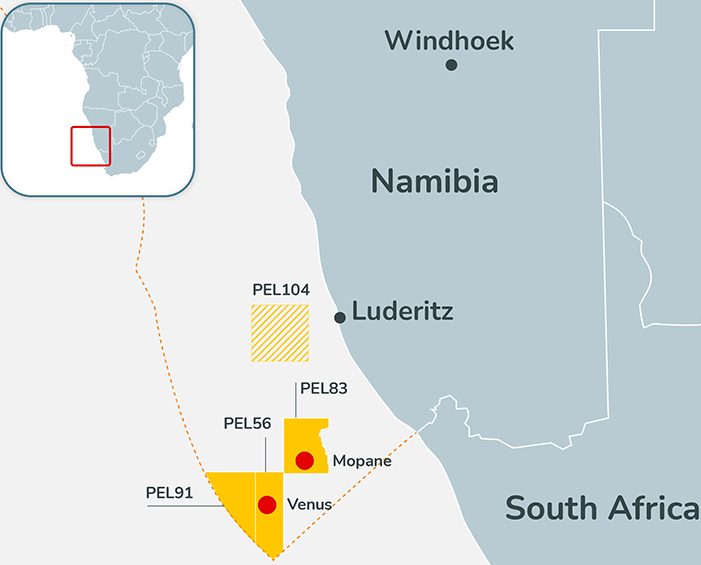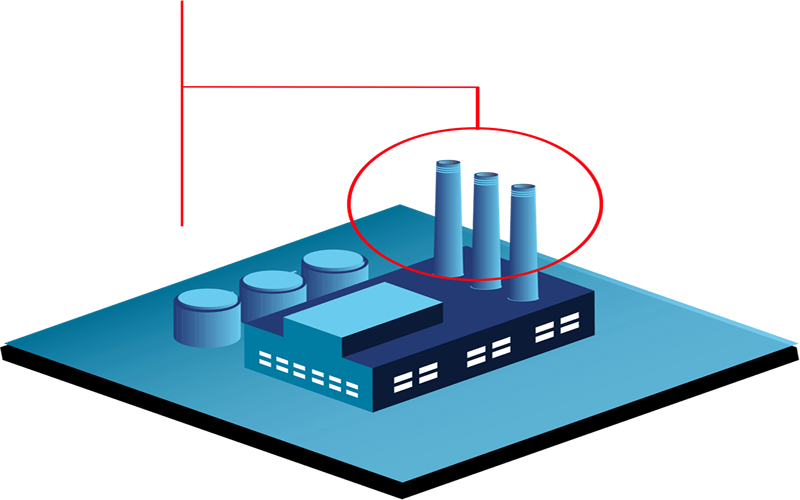
A new family of materials could help transform how the world reduces emissions.
Researchers at the University of California, Berkeley, and ExxonMobil have developed a new material called metal-organic frameworks, or MOFs. Research is still in the early phase, but if commercialized, these MOFs could help capture more than 90% of the carbon dioxide natural gas power plants produce to generate electricity. That’s quite an achievement, because CO2 in these natural gas streams is greatly diluted compared to that of exhaust streams from coal-powered plants, so removing these molecules can be challenging.
Research results have been peer reviewed and published in Science, one of the world’s leading scientific journals. And it’s yet another result of ExxonMobil’s diverse portfolio of research focused on carbon capture and storage (CCS) technologies.
CCS describes a collection of technologies that can remove CO2 emissions before they reach the atmosphere. That CO2 is then safely and permanently stored in depleted oil and natural gas reservoirs deep underground. One potential use of CCS is to capture emissions in the exhaust streams of power plants, which account for around 25% of global CO2 emissions.
Alongside renewables like solar and wind power, low-emission fuels and hydrogen, CCS is critical to helping reach society’s goal of a lower-carbon energy future. The International Energy Agency has reported that the emission-reduction targets in the Paris Agreement cannot be met without CCS.1 And a recent Princeton University study concluded that the expansion of power plants – coupled with carbon capture and nuclear power – is key to forging affordable pathways toward net zero.
CCS is not new. ExxonMobil is the global leader in CCS technology, having captured more than 120 million metric tons2 of CO2 over the past 30 years. But what’s new about the Berkeley-ExxonMobil breakthrough is the unique molecular structure of this porous material, which could be tailored to work in a wide range of facilities that emit CO2.
While promising, the MOF work is in its early stages and is part of longer-term research into fundamental science to support lower-emission technologies. ExxonMobil’s focus on fundamental science – part of the company’s industry-leading R&D portfolio – includes research led by the company’s in-house scientists and with universities, national labs and other corporate partners.





















